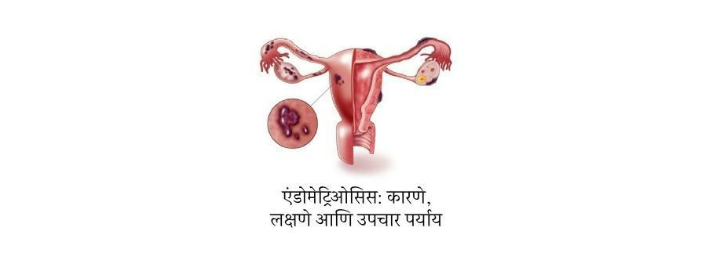Infertility, which is the failure to conceive after having unprotected sex for at least one year, has been increasing at an alarming rate all over the world. So, there is an increasing demand for assisted reproductive technologies (ART) like in vitro fertilization (IVF) and other ways to aid in conception and have a child. Due to advances in technology, equipment, and medications used for IVF, the success rates for conception have increased and it is becoming more accessible to the common man due to decreasing costs. Hence the number of fertility centres have increased sharply especially in India. India has become a global hub for IVF and fertility tourism due to advantages in cost, increasing expertise due to the high volume of procedures being done, good success rates, availability of world class facilities and various other reasons. (1)
What is IVF
IVF is a series of procedures where the woman’s ovaries are stimulated to produce more than one egg and these eggs are retrieved, combined with sperm in a laboratory setting and the resulting embryo is transferred back to the woman’s uterus for implantation potentially leading to a successful pregnancy.
Why come to India?
- Cost- In many countries, the high cost of undergoing an IVF procedure is a major deterrent for people wanting to have a baby in their own country. The IVF treatment cost in India is lower than other countries.
- No waiting period- People wanting to go through IVF don’t need to wait a long period to get an appointment and get started in India.
- Latest technologies for IVF are available to improve the success rate-all the latest necessary equipment and procedures are available.
- Safety – has to be of the utmost priority and there are many reputed hospitals and fertility clinics that provide safe treatments all over India.
- All inclusive– IVF packages include the cost for the whole treatment like medications, the various tests like ultrasounds and blood tests, consultation fees, and various other costs. It might also include a language translator, a place to stay and care after the IVF procedure.
- Quality of health care – provided is comparable to those offered in other developed countries.
- Donor eggs and sperm are available.
What is the process of going through IVF in India
- Do the research and choose the right hospital or fertility clinic -you can directly find reputed hospitals or fertility clinics online and contact them personally to see if they are a good fit for you and find out about their reputation, their success rates, their costs, and the experience of the doctors at that clinic as well as other vital information. Look into language barriers and if you will need a translator, travel and hotel costs as well as the laws in India regarding ART. Also look into storage of frozen eggs and embryos if you need it for future use.
- Contact the hospital or fertility clinic’s doctor after you have made a decision. Get the doctor’s opinion about your issues with infertility and their specific treatment procedures, time lines, cost, schedules and various other vital information. Ask the doctor if there are any specific documents you will need to bring like your medical history. You could also ask if they provide a complete IVF package which would cover all your costs for your stay in India like the place to stay that is close to the clinic, a coordinator who will make all the arrangements, a language translator, costs for the whole IVF treatment and anything else.
- Apply for a medical visa for India- in order to get any medical treatment in India. You can apply for the medical visa online by filling out the proper form. If someone is accompanying you, they will need to get a medical attendant visa although not more than 2 attendants are allowed. You will also need to provide various documents which include a copy of your valid passport, a recommendation letter from your own doctor stating your medical history and that you need to see a specialist in India, a medical invitation letter from the Indian hospital or clinic where you are going for treatment, a yellow fever vaccination card if you are travelling from a yellow fever affected country, a copy of your return ticket home, proof that you have enough money to cover your costs for your stay in India, a recent passport size photo of you, your email address, and credit card information. Note that you need to seek your treatment from a recognized and licensed institution or your visa application will be rejected. Submit the form online and you should be able to receive your medical visa through your email.
- Once you have received your visa, you can travel to India for your treatment. The clinic will have everything ready so that the treatment could start right away. Upon completion of the IVF treatment, you can choose to stay in India until you find out if you are pregnant or you could leave right after the treatment.
- The visa is valid for 60 days from the date of your arrival in India and you can travel in and out of India three times during this period.
If you have any questions regarding this procedure or if you are interested in undergoing IVF treatment, our experts at Xenith Advanced Fertility Centre are here to answer any of your queries.




